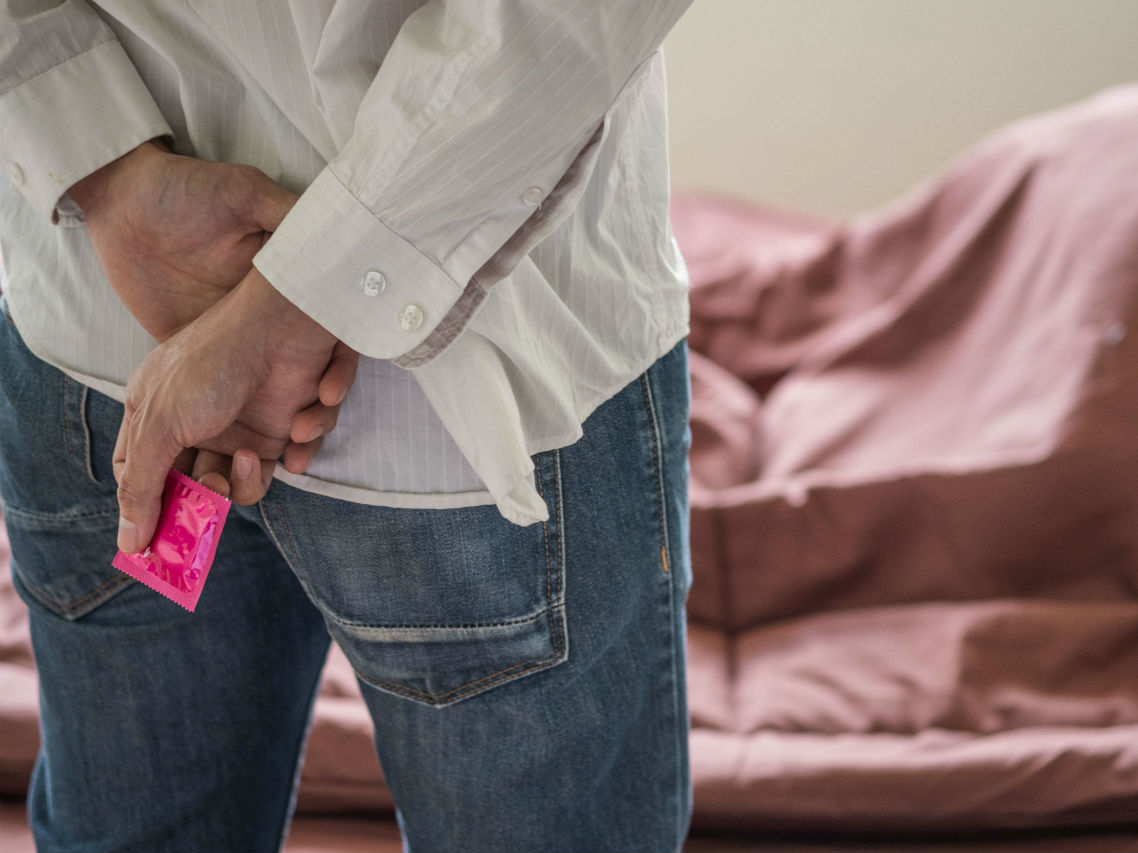- About 2% of the population have an STI called Mycoplasma genitalium.
- It has similar symptoms to chlamydia, but it is more resistant to antibiotics.
- Doctors have warned it could become a superbug if not treated properly.
It’s not a great time to be having unprotected sex. Cases of syphilis are on the rise, there’s something called super-gonorrhea going around, and according to BASHH, there’s a new STI you can catch.
What makes it even worse is that doctors have warned the new infection could become a superbug – like MRSA – if it isn’t treated properly.
The bacteria is called Mycoplasma genitalium (MG), and it causes similar symptoms to chlamydia, such as painful urination. It often has no symptoms at all, but if left untreated, it can lead to pelvic inflammatory disease, and ultimately infertility in women.
An estimated 2% of people are infected in the UK, so The British Association of Sexual Health and HIV (BASHH) has released new guidelines about how to treat and diagnose MG.
MG can be treated with a five-day course of antibiotics, but it is increasingly becoming more resistant to different antibiotic drugs. This is made worse by the fact MG is often misdiagnosed, and can go untreated.
"This is not curing the infection and is causing antimicrobial resistance in MG patients," Paddy Horner, a consultant senior lecturer in sexual health at Bristol University and one of the authors of the new guidelines, told the BBC. "If practices do not change and the tests are not used, MG has the potential to become a superbug within a decade, resistant to standard antibiotics."
Like any STI, the best way to prevent MG is by using condoms. Even if you have a regular partner, it's best to get tested at least once a year.
"The new BASHH guideline on MG is a positive step forward to improving testing and diagnosis," said Helen Fifer, a consultant microbiologist at Public Health England.
"If you have symptoms of an STI, we recommend you get tested at your local sexual health clinic. Everyone can protect themselves from STIs by consistently and correctly using condoms with new and casual partners."

